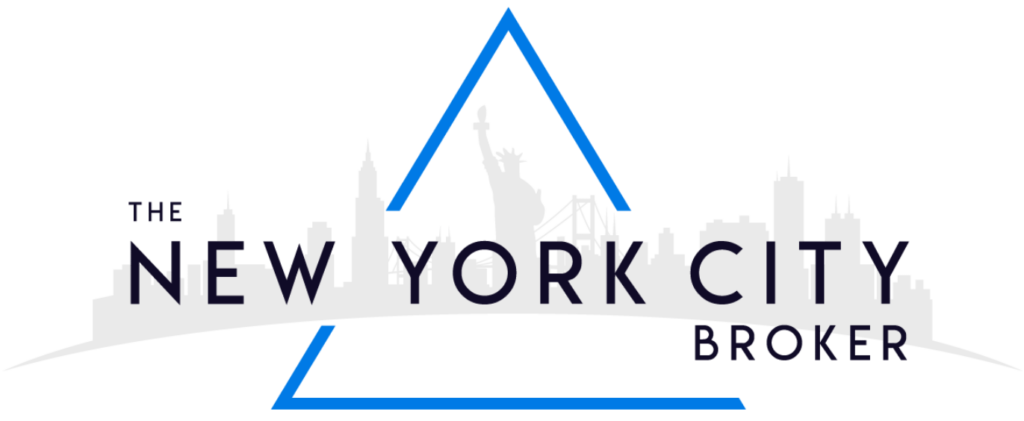New Development
Purchasing an apartment in a new development can be quite different from purchasing a resale apartment. And it’s not just about the higher price and more amenities; the purchasing process itself can be different when you are buying from a sponsor (building’s developer) instead of a previous apartment owner. The process will vary based on the buyer and development, but there are common steps in almost every transaction.
Click Below To Search for New Developments To Purchase
- STEP 1
- STEP 2
- STEP 3
- STEP 4
- STEP 5
- STEP 6
- STEP 7
- STEP 8
Understanding New Development
The price per square foot for new developments might be significantly higher than a comparable older apartment building. The closing costs are also usually much higher because, in a resale apartment, the seller takes care of the transfer tax, but when you are buying a new development, it’s your responsibility. It can be 1.825% or 2.075% (for apartments costing $3 million or more) of the purchase price. The time to close is also different and is based on how close the apartment building is to completion.
Find The Right Project
If you have a clear understanding of what you need in your new apartment, you will have an easier time finding the right new development to purchase. For example, you may not want to pay a higher price just to have access to amenities you don’t need. The stage of development is also important. If you are buying a development in the early stages, you may get a better price and incentives from the sponsor. But you will also have to wait quite long before you can move in. Research developer’s history and past projects as well. Also, sometimes buying too early in the project leads to overpaying if the development struggles to sell out.
Checkout The Model Apartment
Researching a developer’s past projects gives you ideas about how your building might turn out, and a model apartment tells you what your apartment will look and feel like. You will also learn about the layout, square footage, quality of material used, appliances, etc., and can make a more informed decision. However, it won’t tell you about the view from your apartments, and you might need drone photographs or a hard hat tour for that.
Find Out About The Concessions
Many sponsors and developers offer concessions to get more people interested in the project. Some of these concessions are stated in the listings, but you may negotiate for others. These might include no common charges for a few months (or reduced charges for a year or longer), free gym membership, free parking spot, etc. In some cases, the sponsor might cover some of your closing costs. Discounts in the price of the apartment are rare since they can set a bad precedent for other buyers. Note that the concessions might have specific requirements like closing before a certain date or paying at a certain price.
Choose A Lender
Financing an apartment in a new development might be challenging, especially when the building is in its early stages. These projects need to meet certain requirements before lenders start making mortgages on their apartments. However, there is usually a preferred lender that has an understanding of the project who has an existing relationship with the lender. However, these lenders may lean more toward the sponsor than you, the borrower.
Get An Attorney and Go Through The Offering Plan
In New York City, you must have an attorney if purchasing an apartment. When it comes to new development, make sure you hire someone who has experience because you could put yourself in a terrible financial situation if you don’t have a lawyer who is familiar with the process as it’s different from a typical resale. Your attorney will go through the offering plan, which is a very lengthy document (often hundreds of pages) that discusses the ins and outs of the building, to understand the specifics of the final product you will get. It also includes information on certain restrictions like pets and subletting.
Make An Offer, Get Into Contract and Pay Attention To Closing Date
Once you are satisfied with the project, its offering plan, the price, and other aspects of the deal, you can make an offer to the sponsor. Make sure you are prepared for the higher closing costs. Also there is an outside date on which the building is supposed to be completed. If it’s not, you may be able to back out from the purchase with your deposit or negotiate for concessions/incentives from the sponsor.
Have Walkthroughs and Move To Close
Once the apartment is in contract, you will have two “walk-throughs.” In the first one, you will develop a punch list of all the improvements and repairs you want in the completed apartment. The sponsor is not legally obligated to follow all your requirements, but they usually comply with the most reasonable requests to ensure that the sale goes through. The second walkthrough is similar to a regular resale where you visit the apartment around a day before the closing to make sure everything is in working order. Note that the sponsor may take care of some of the punch list items after closing, but it’s preferable to get everything done in advance. Outside of the timing and waiting for the project to be completed, the approval process and the closing is very simple as there is no board approval and the information you have to provide is minimal compared with typical condos and co-ops.
ARTICLES FOR New Development
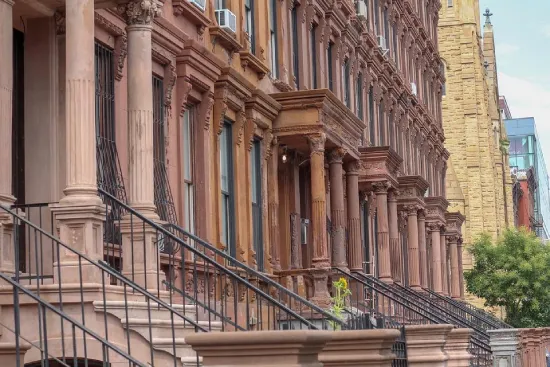
Everything You Need To Know About NYC Brownstones
What Is Brownstone? Brownstone is a type of sandstone commonly used in construction. It’s not actually used in the structural
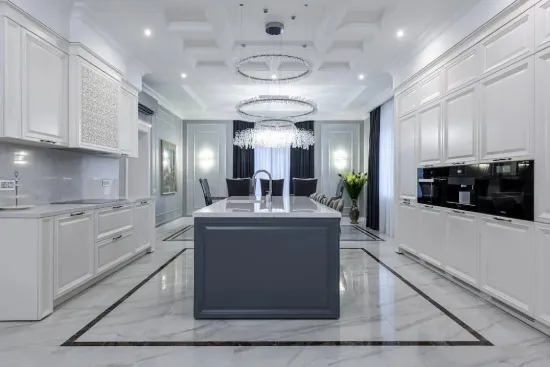
What Is A Luxury Apartment in NYC?
A luxury apartment is not an official term. There are no specific criteria related to amenities and building features that
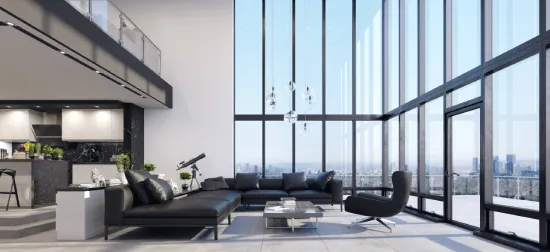
Sponsor Units – What Do NYC Apartment Buyers Need To Know About Them?
Sponsor units are builder or developer-owned apartments in condos and co-ops that can be sold by bypassing board approval requirements.
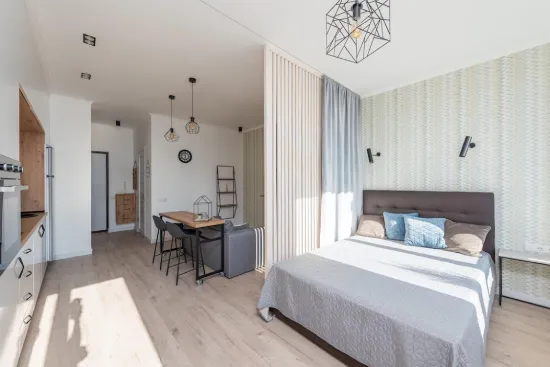
Downsizing in NYC – Strategies and Best Practices
Whether you rent or own your home in NYC, there comes a time when you have to upsize or downsize

Joining A Co-op Board In NYC: What Can You Expect?
Co-op Board in NYC Co-op boards in NYC have two legal obligations: Following the co-op’s internal rules/bylaws. Changes in these
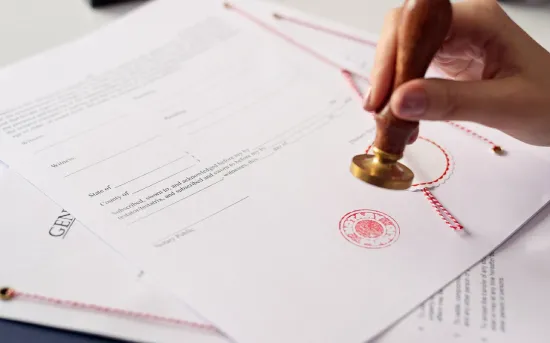
What Is A Certificate of Occupancy (C of O)?
In NYC, a Certificate of Occupancy is issued by the Department of Buildings and determines the use and occupancy status of a building. Read on to find out more.







